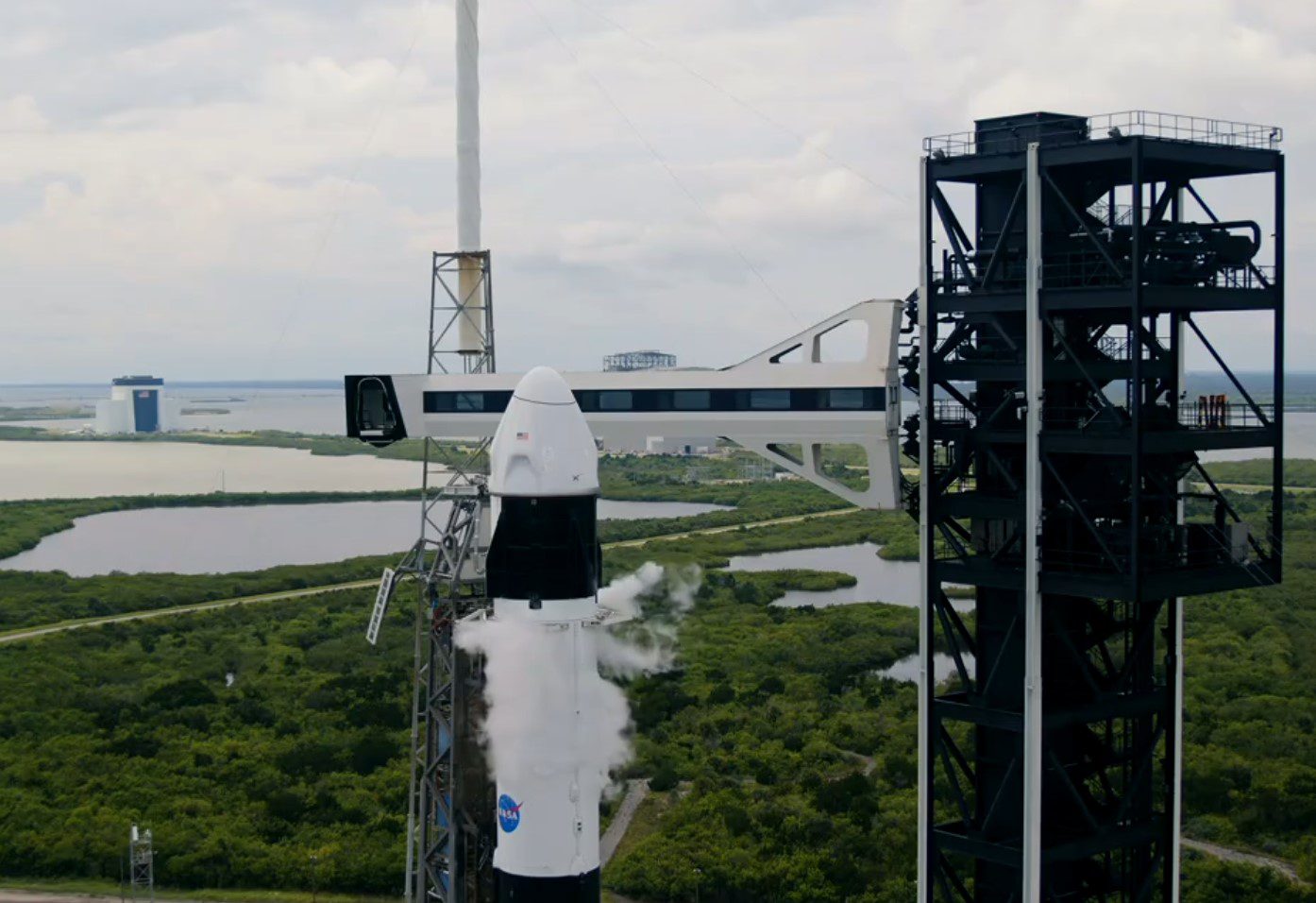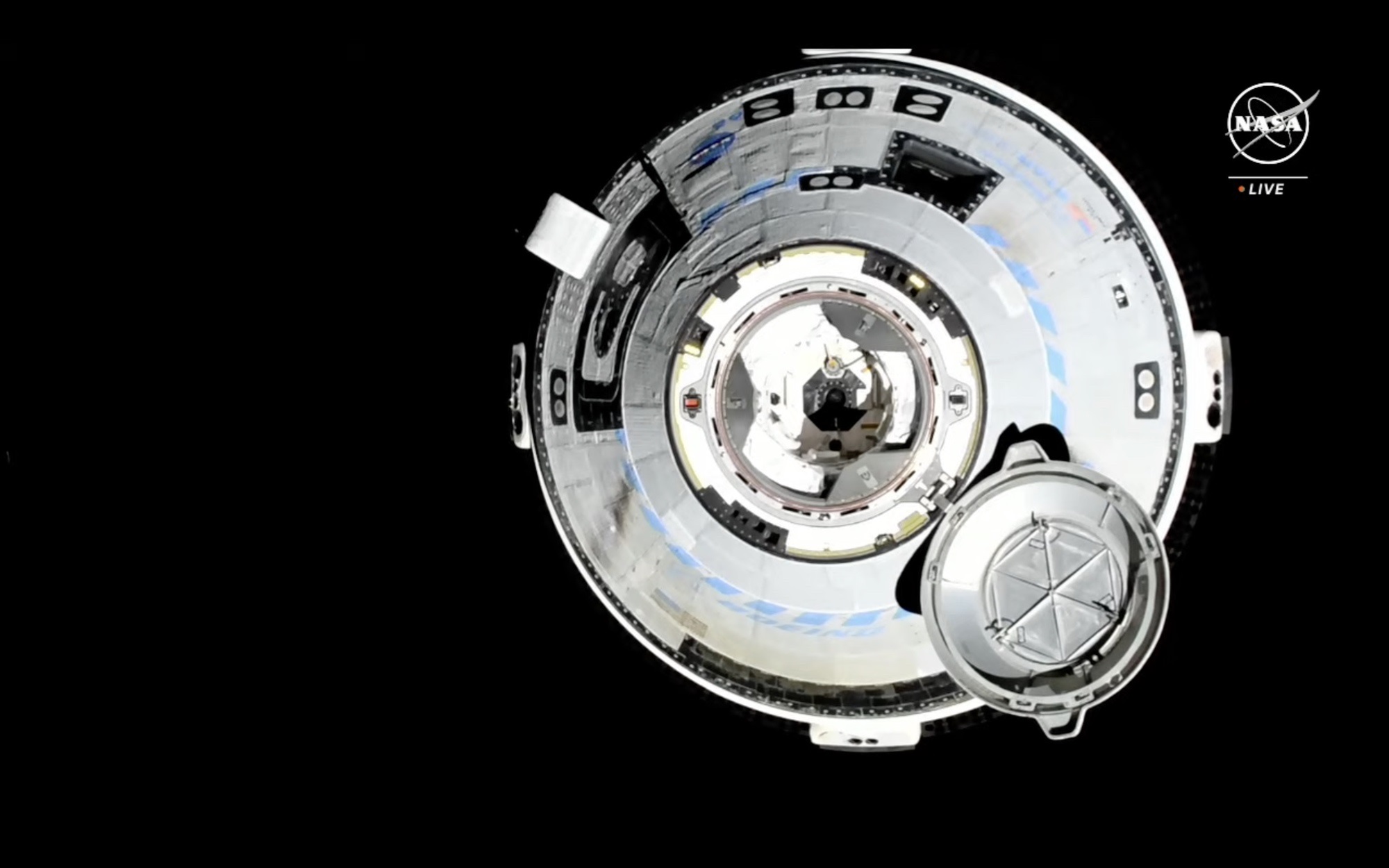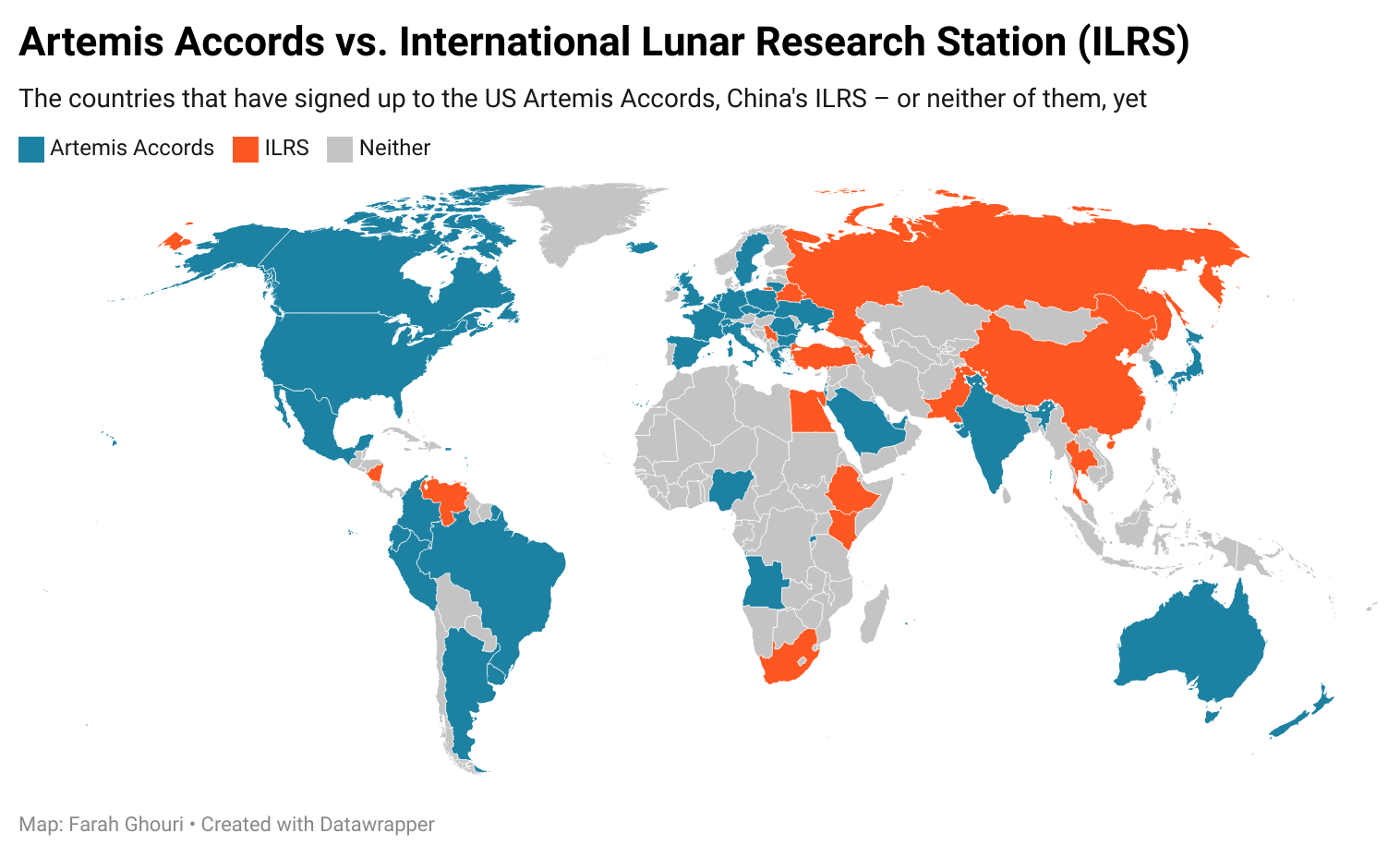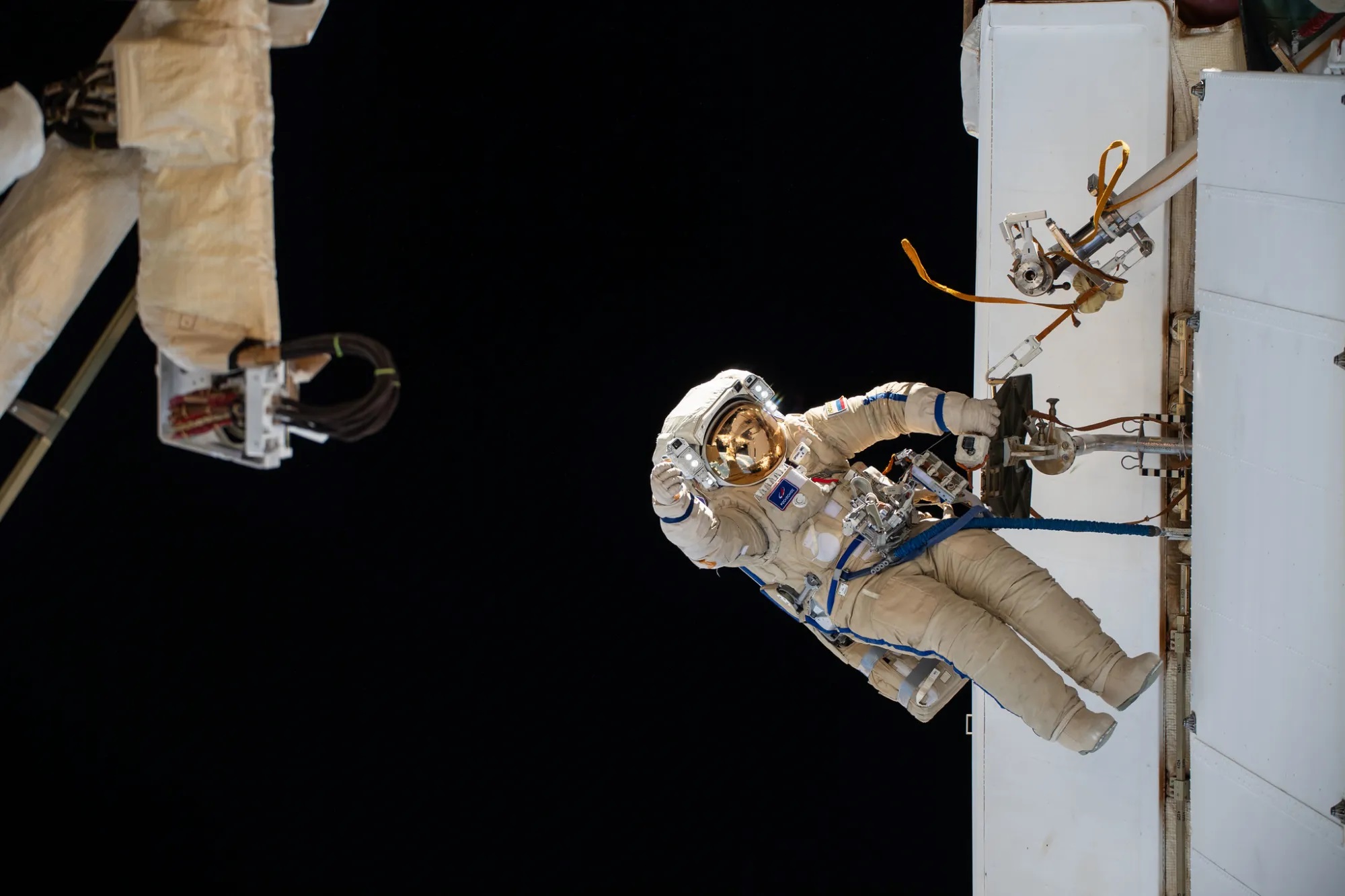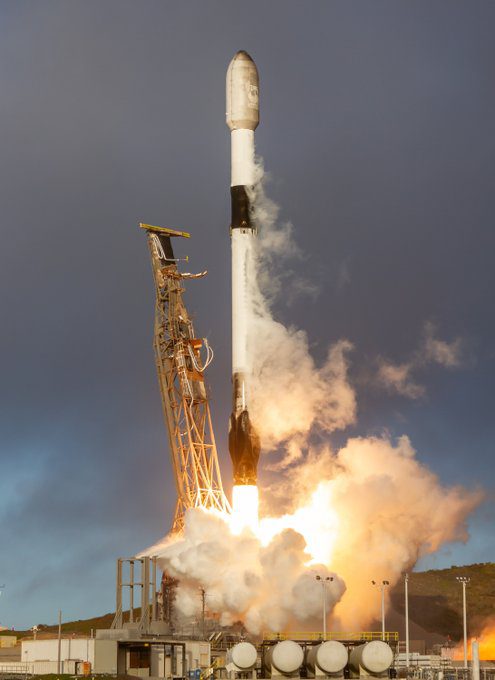Galileo is go – contracts signed
Europe formally put its Galileo satellite navigation project on track to provide a functional service during 2014 and near-global coverage in 2015 with the signing of contracts to build and launch eight more satellites.
The €215 million package, signed today in London by European Commission Vice President Antonio Tajani, who has championed the Galileo project, with the European Space Agency and its launch contractor Arianespace, includes €255 million to build eight satellites in addition to the 18 already ordered, a €30 million deposit for up to three Ariane 5 launches and €30 million to adapt the Ariane 5 ES launcher to orbit four Galileo satellites simultaneously.
The first two Galileo satelllites were launched in October 2011 by a single Soyuz rocket launch from ESA’s Kourou, French Guiana space centre. A second pair will be orbited by Soyuz by the end of thus summer.
But from the second half of 2014, a requalified Ariane launcher – know as Ariane 5 ES Galileo – should be equipped with a four-satellite dispenser and be capable of delivering the spacecraft to orbital altitudes of 23,222km. The current ES launcher is used to launch ESA’s Automated Transfer Vehicle to the International Space Station at around 380 km.
With a string of Ariane 5 and Soyuz launches, ESA intends to orbit 18 satellites by the end of 2014 and achieve near-global coverage with 26 satellites by the end of 2015. The full constellation of 27 spacecraft and three orbiting spares should be in orbit by 2019.
The programme is regarded as strategically critical for Europe, to provide independent control of a technology on which civil society is increasingly reliant. Galileo will be compatible with America’s GPS system and Russia’s Glonass, but unlike those systems, which can be downgraded or even switched off by their military controllers, Galileo will be under civilian control.
The European system should also provide better coverage at high latitudes than GPS.
Galileo was originally intended to be operational in 2007 but was beset by technical and financial delays. The Commission and ESA will have spent nearly €5 billion on Galileo by the end of 2013, and at the start of 2011 a further €1.9 billion had been budgeted to see through the completion of the constellation.
But a push last year by Tajani found some €500 million in savings, enabling ESA and the Commission to commit at the Paris air show last summer to the fast-track launch campaign contracted for today.
The eight satellites ordered today will, like the previous 14, be built by a consortium headed up by German company OHB System, with EADS Astrium’s Surrey Satellite Technology unit providing the navigation payloads.
About Seradata
Seradata produces the renowned Seradata database. Trusted by over 100 of the world’s leading Space organisations, Seradata is a fully queryable database used for market analysis, failure/risk assessment, spectrum analysis and space situational awareness (SSA).
For more information go to https://www.seradata.com/product/
Related Articles
Stay Informed with Seradata
Stay informed on the latest news, insights, and more from Seradata by signing up for our newsletter.


